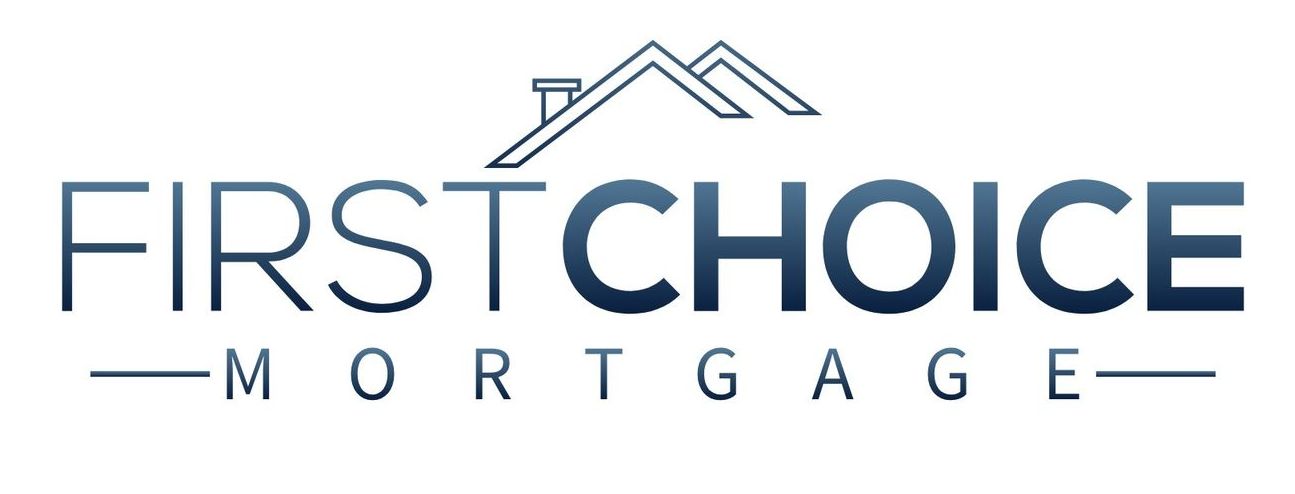What You Should Know About Refinancing Your Home
When should you refinance your home?
Although every situation is different, we at First Choice Mortgage recommend refinancing your mortgage if:
- You plan on staying in your home for another 5 years (give or take)
- You anticipate being approved for the refinance loan.
Does refinancing hurt your credit?
Refinancing can lower your credit score in a couple different ways: Credit check: When you apply to refinance a loan, lenders will check your credit score and credit history. This is what's known as a hard inquiry on your credit report—and it can temporarily cause your credit score to drop slightly.
Does Refinancing start your loan over?
Refinancing doesn't reset the repayment term of your loan, but it does replace your current loan with a new loan. You may be able to choose from different offers for your new loan depending on your goals, including a longer or shorter repayment term.
What is the downside to refinancing?
The number one downside to refinancing is that it costs money. What you're doing is taking out a new mortgage to pay off the old one - so you'll have to pay most of the same closing costs you did when you first bought the home, including origination fees, title insurance, application fees and closing fees.
Should I roll closing costs into refinance?
If you're refinancing an existing home loan, it's often possible to include closing costs in the loan amount. As long as rolling the costs into your mortgage doesn't impact your debt-to-income (DTI) or loan-to-value (LTV) ratios too much, you should be able to do it.

